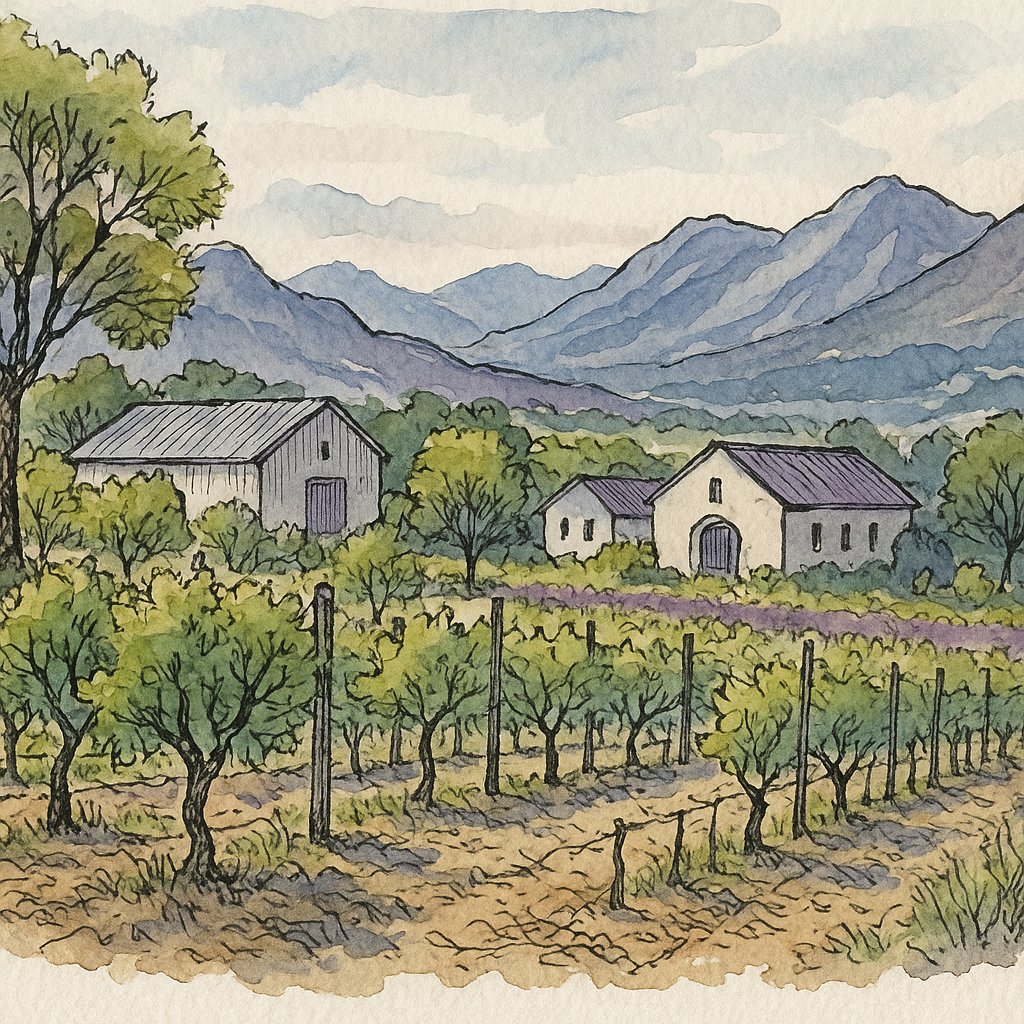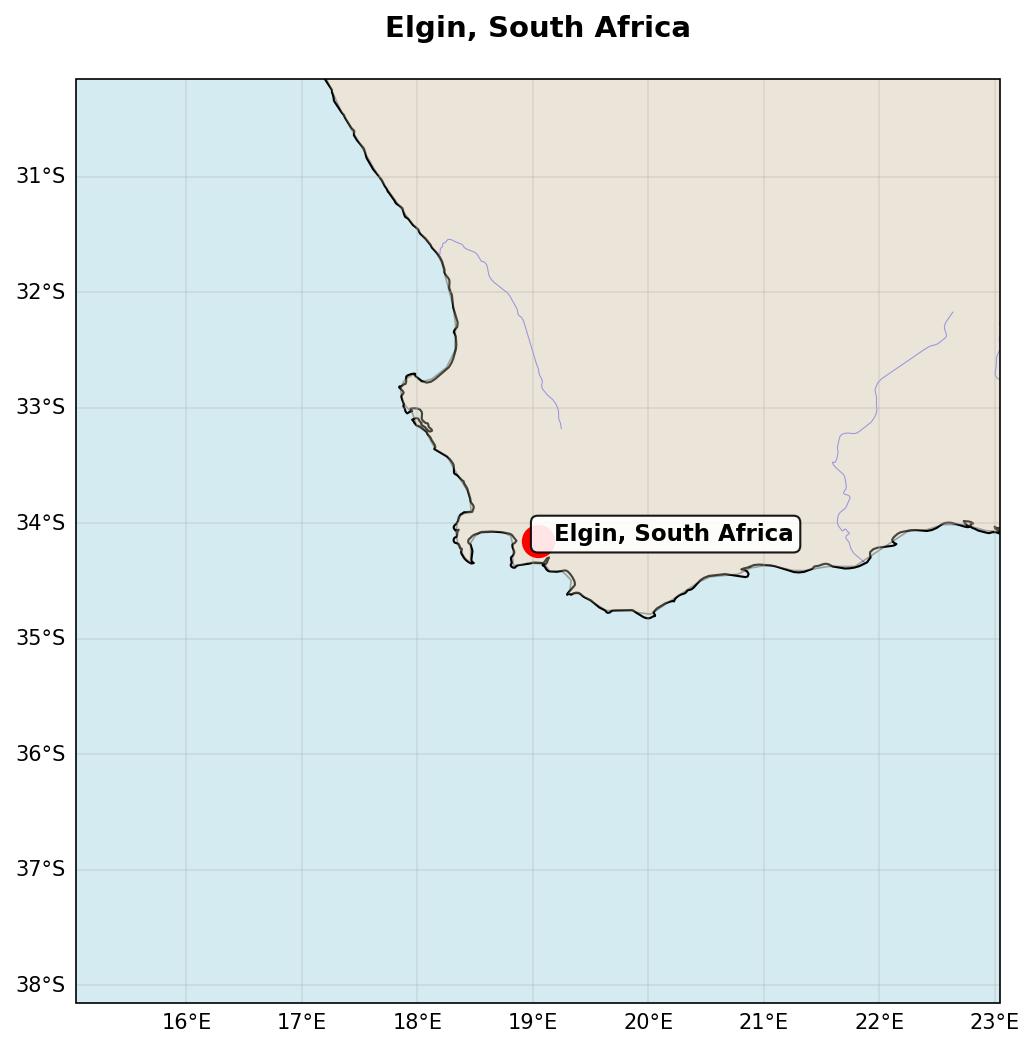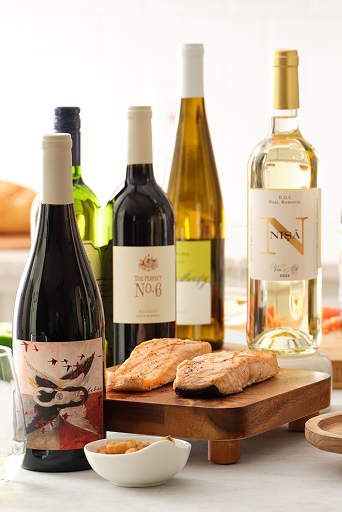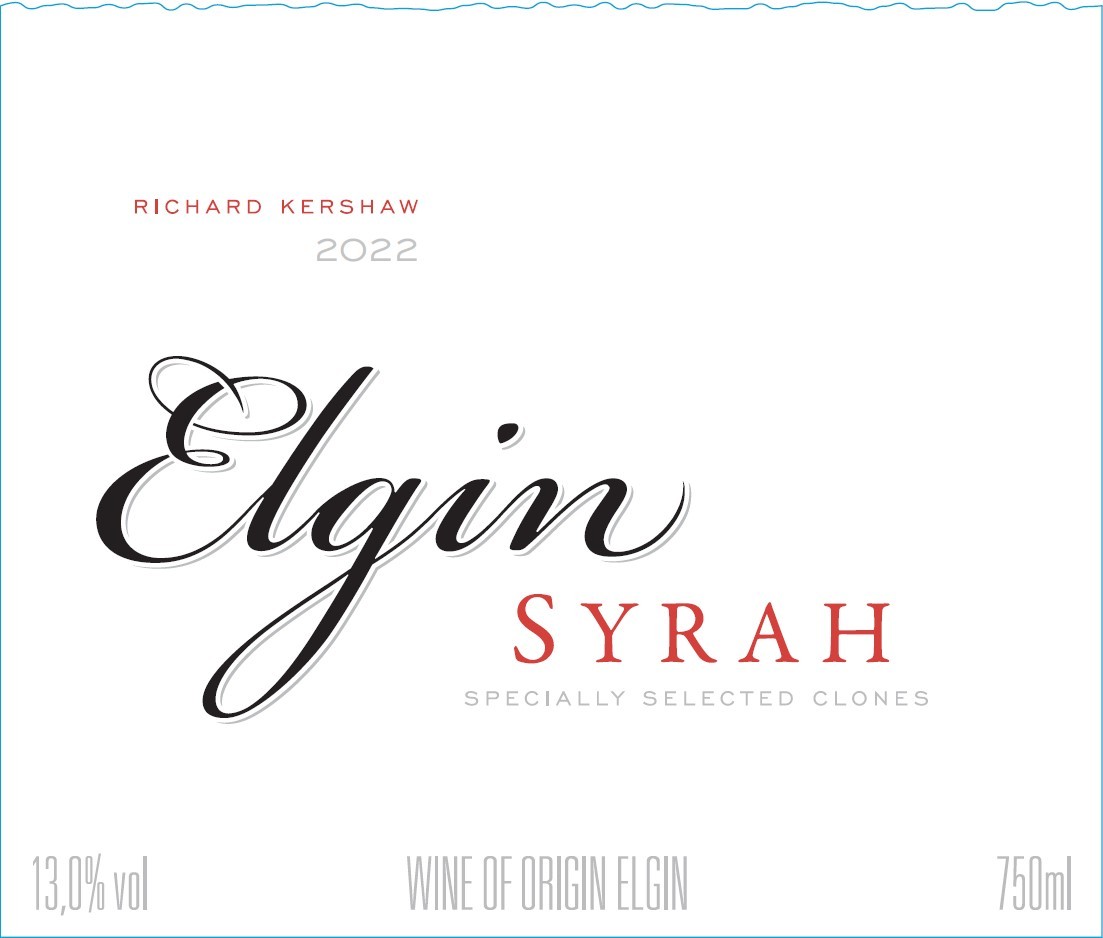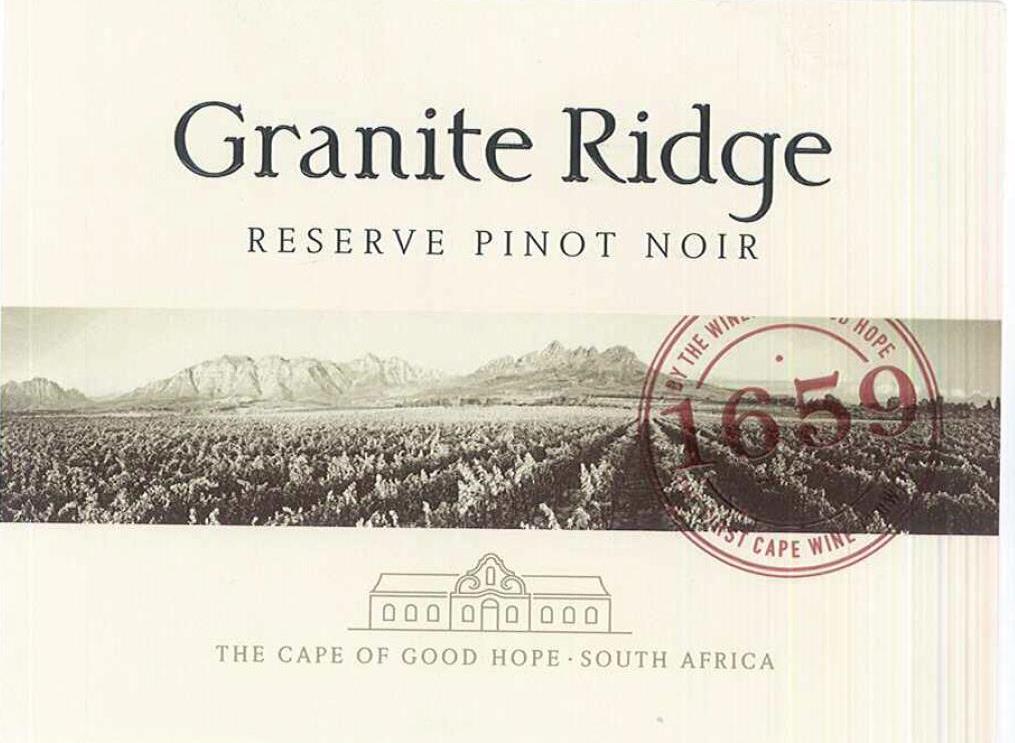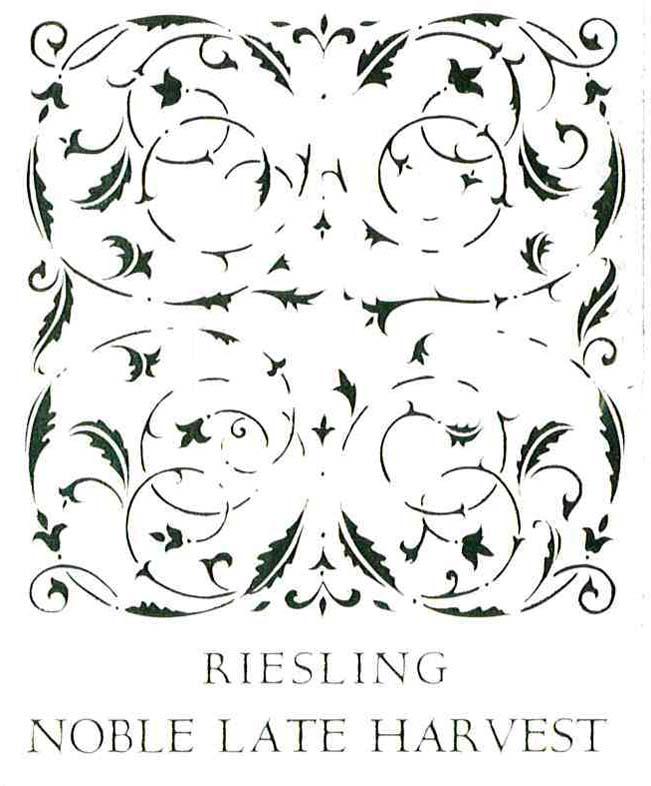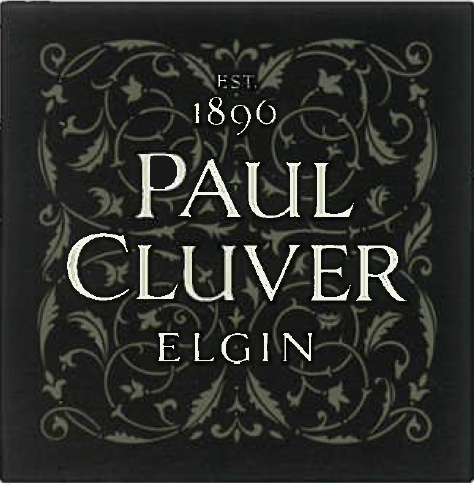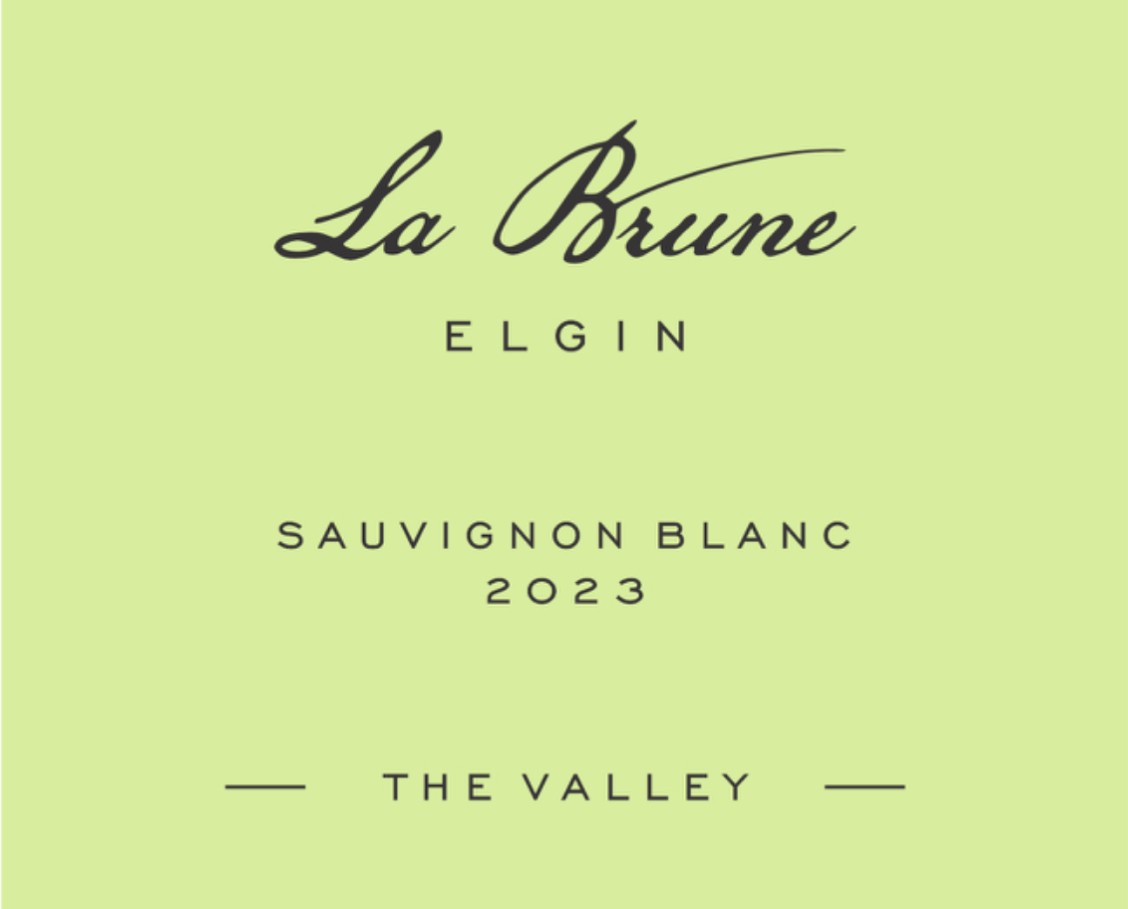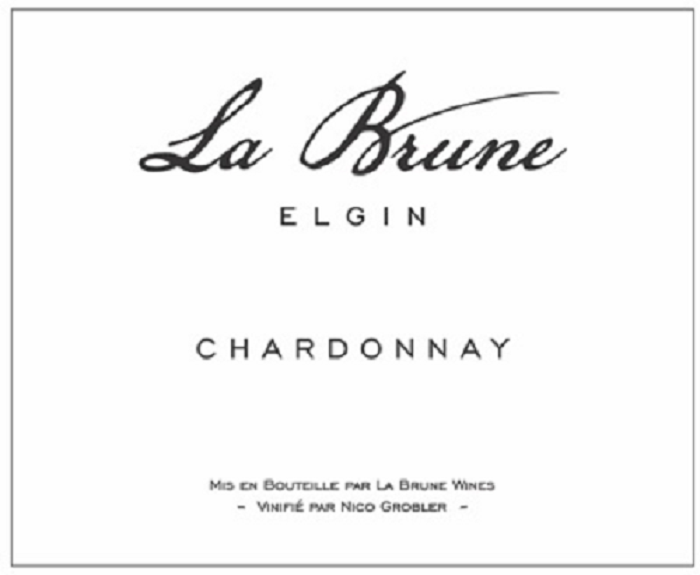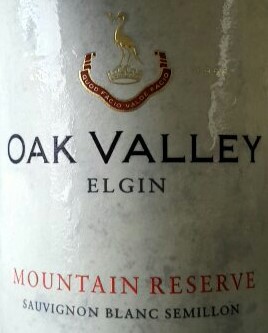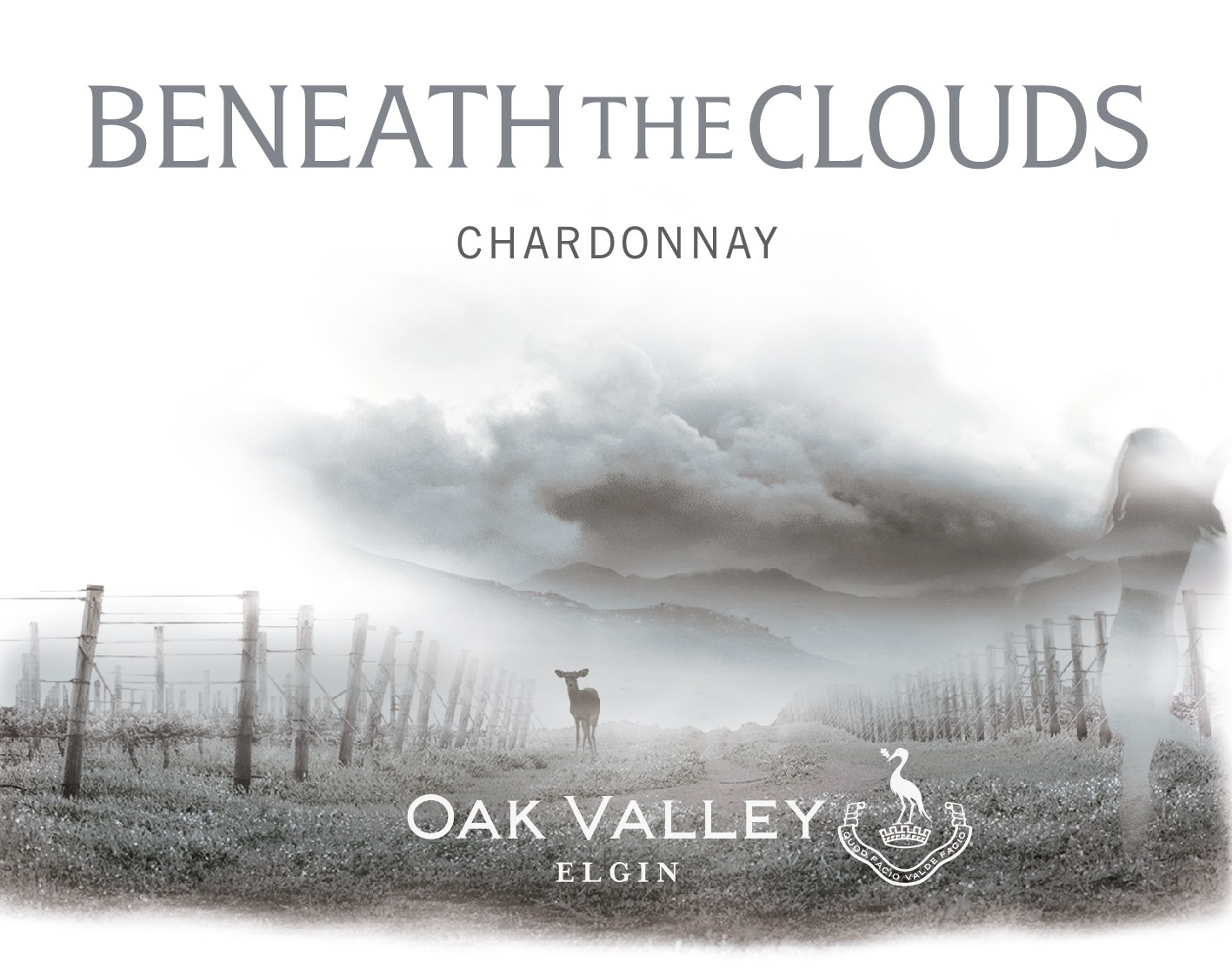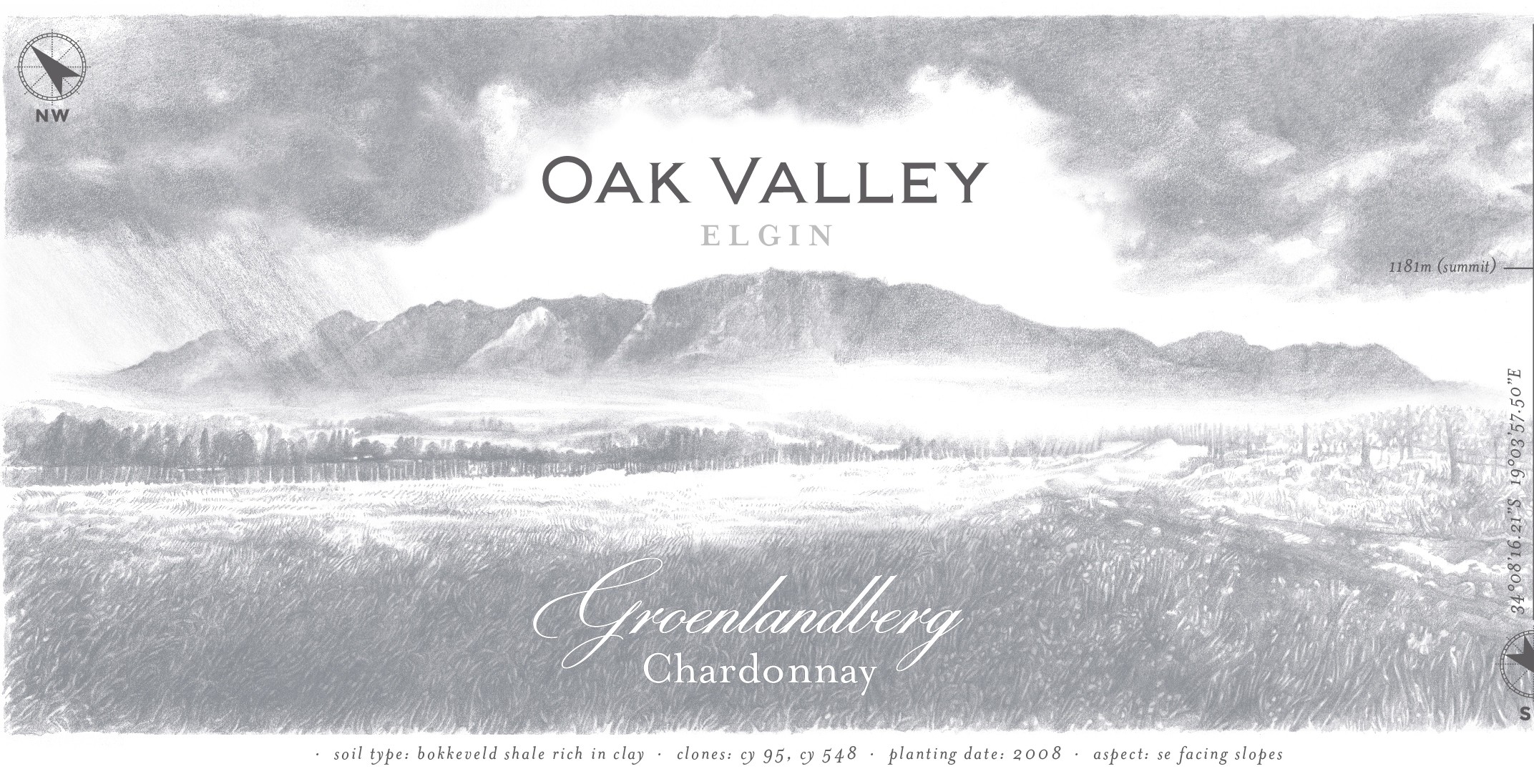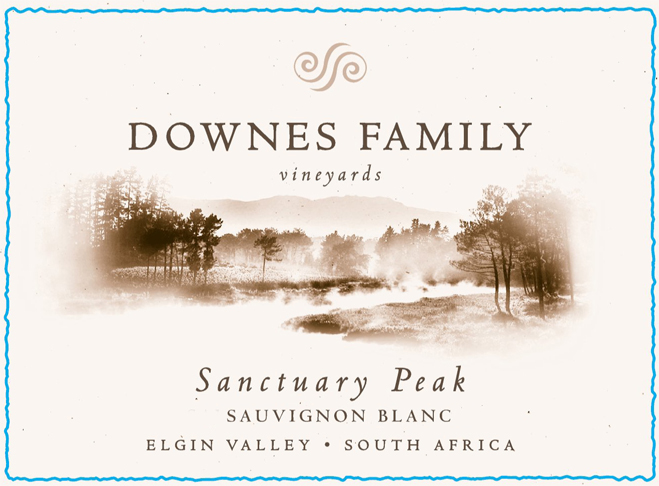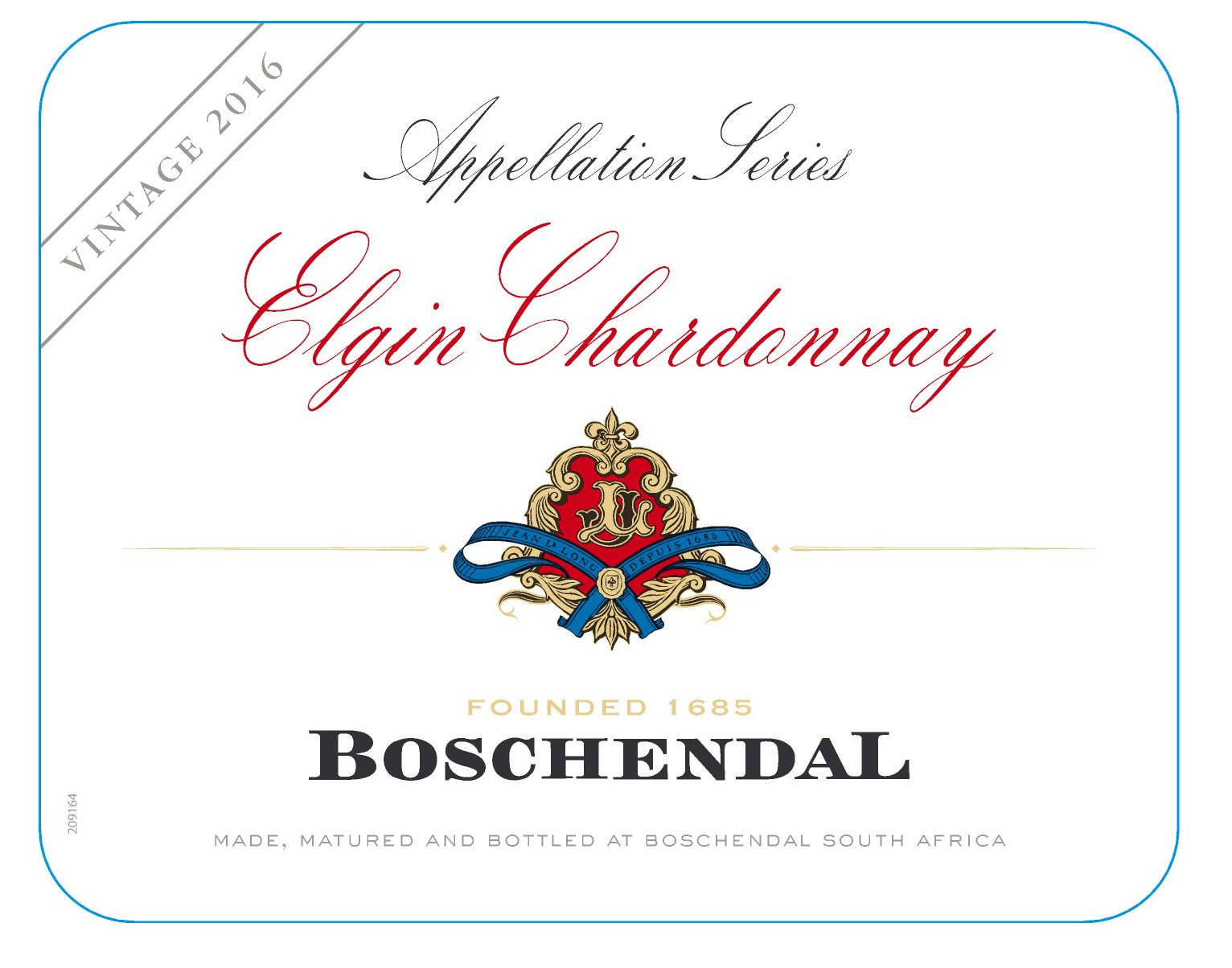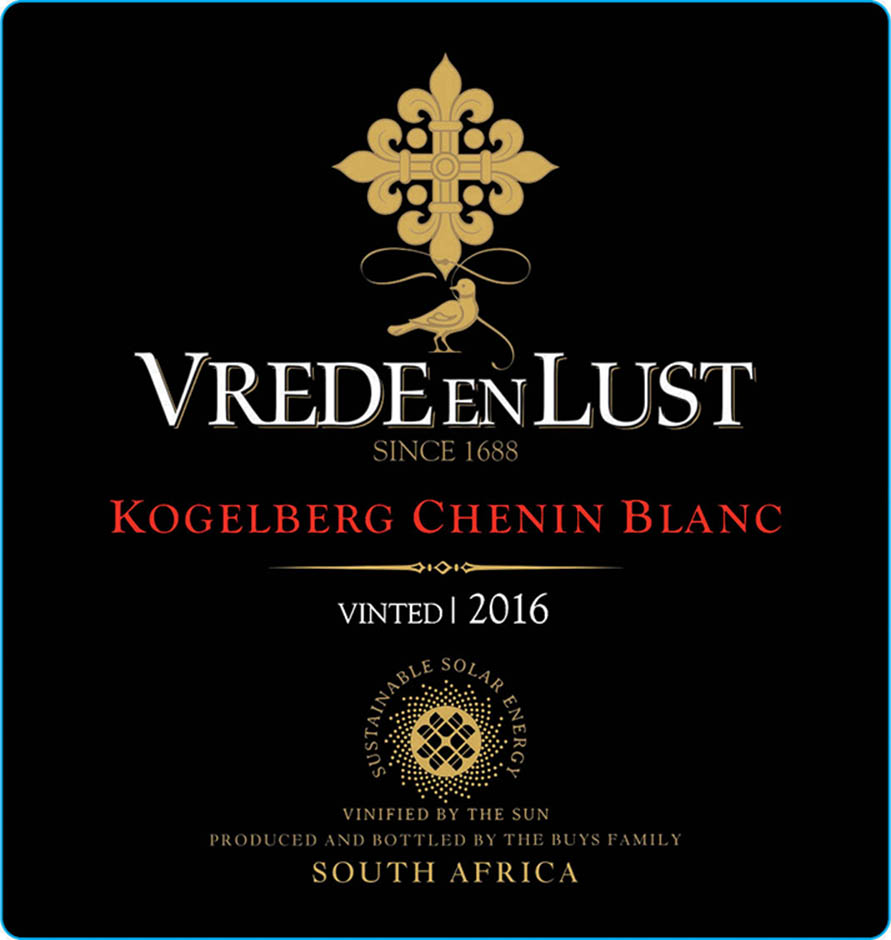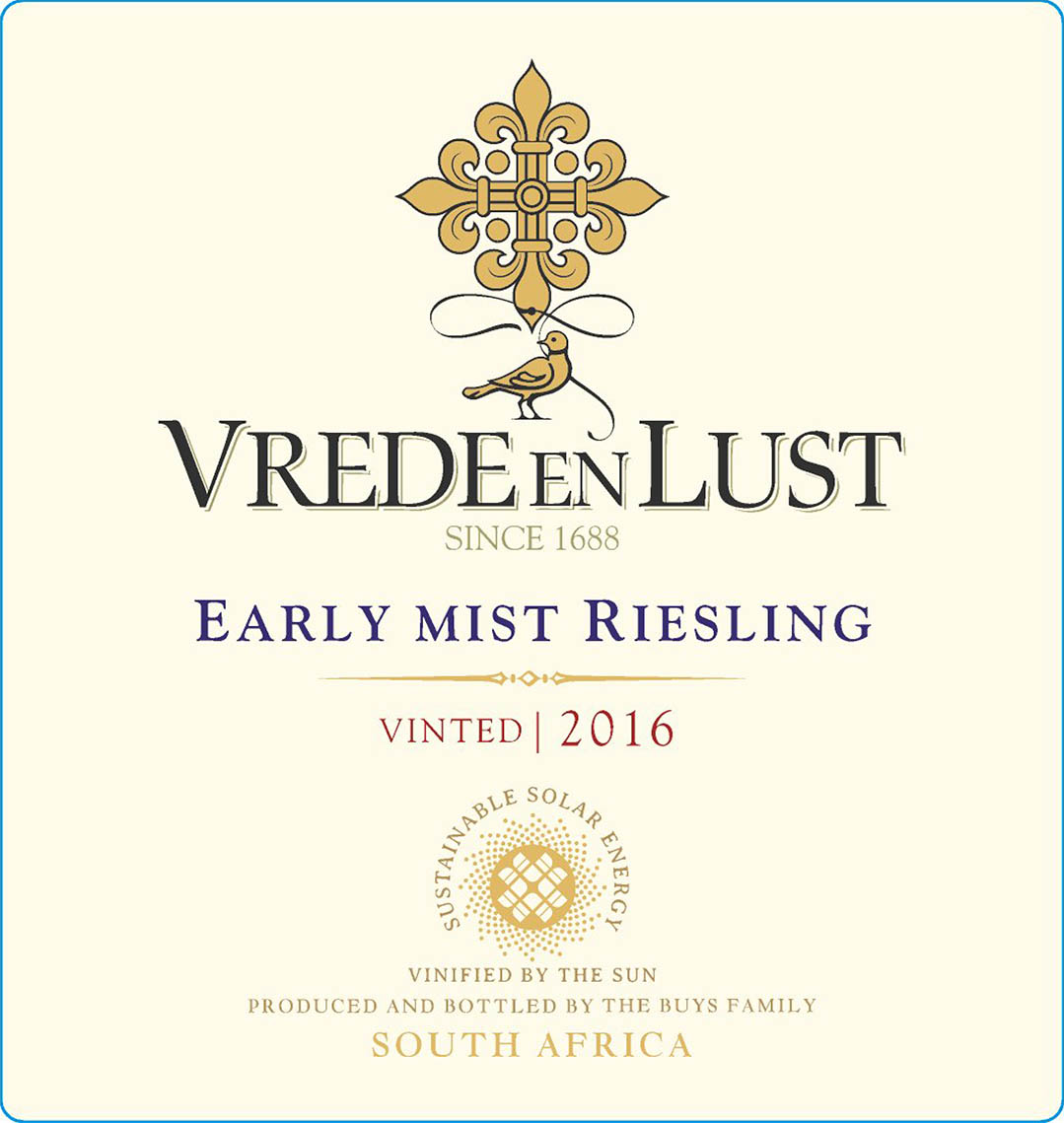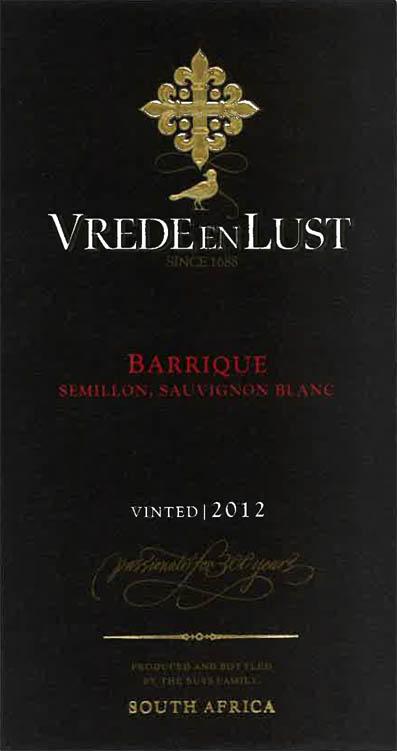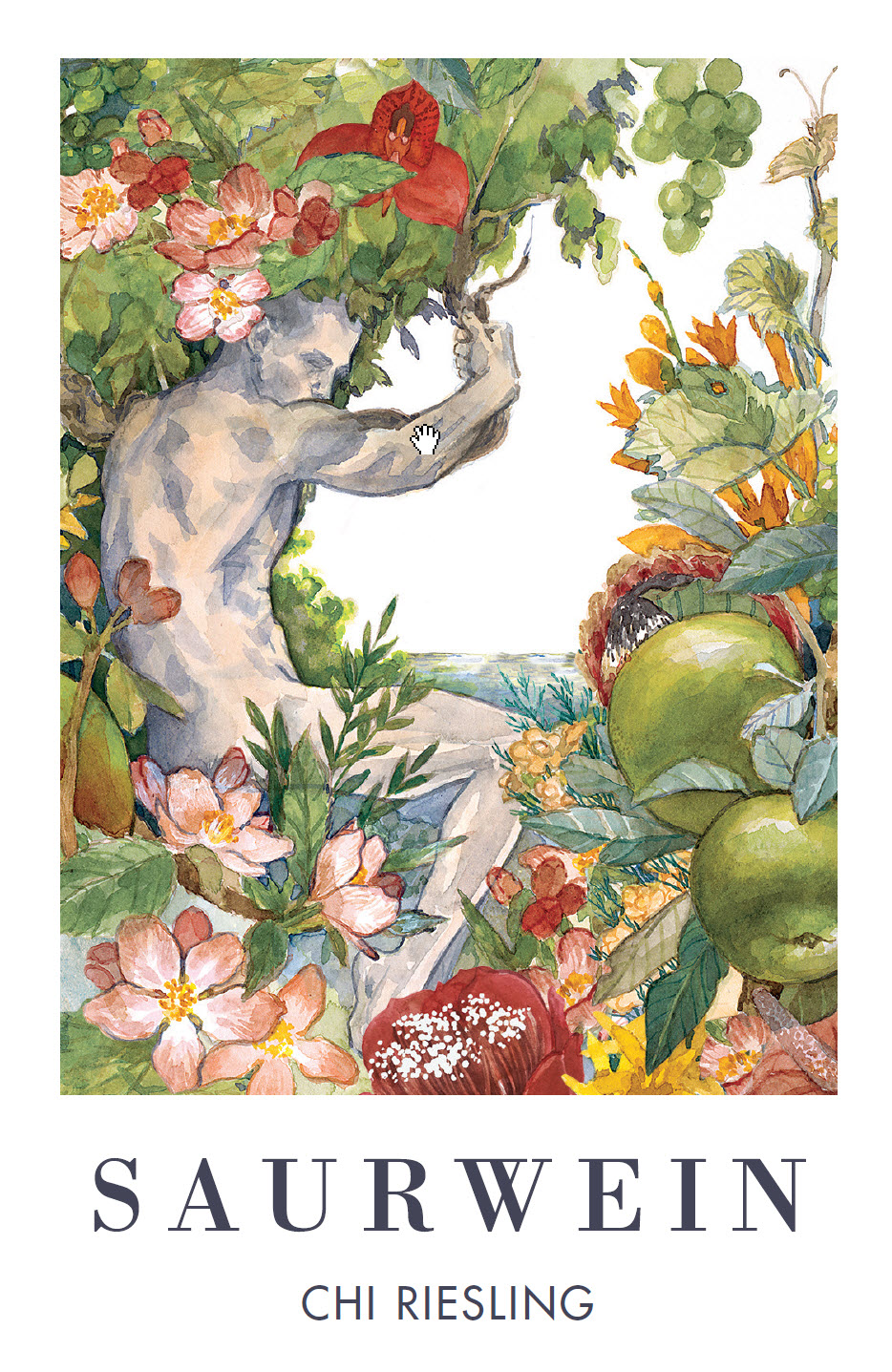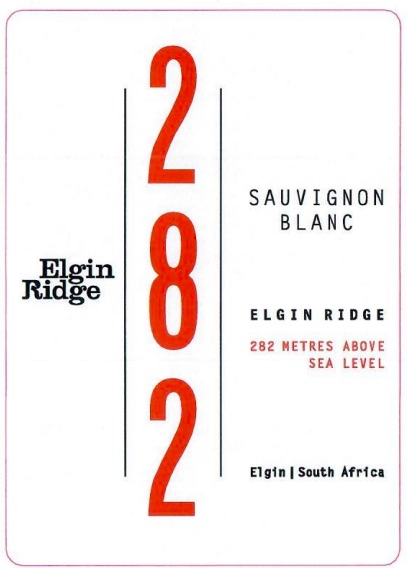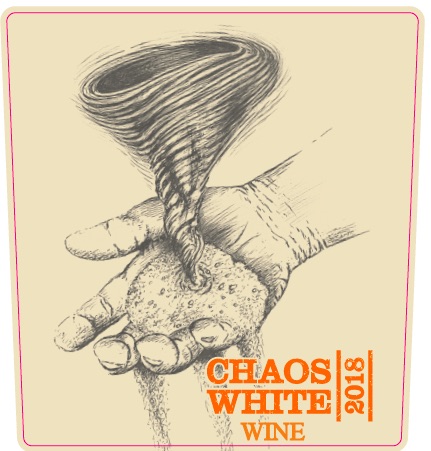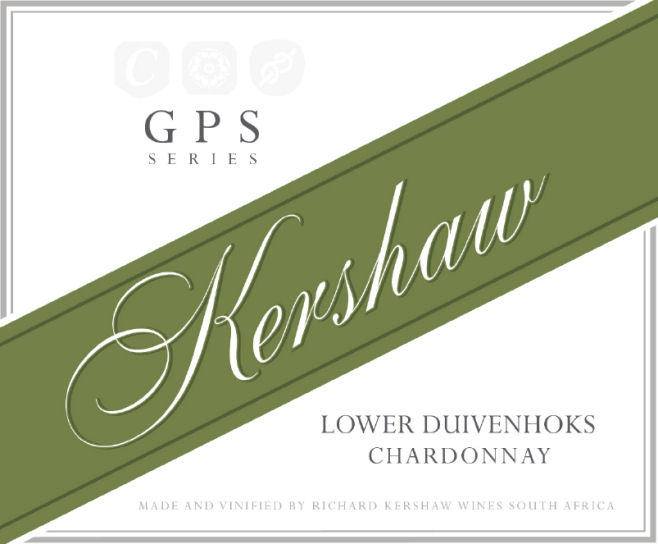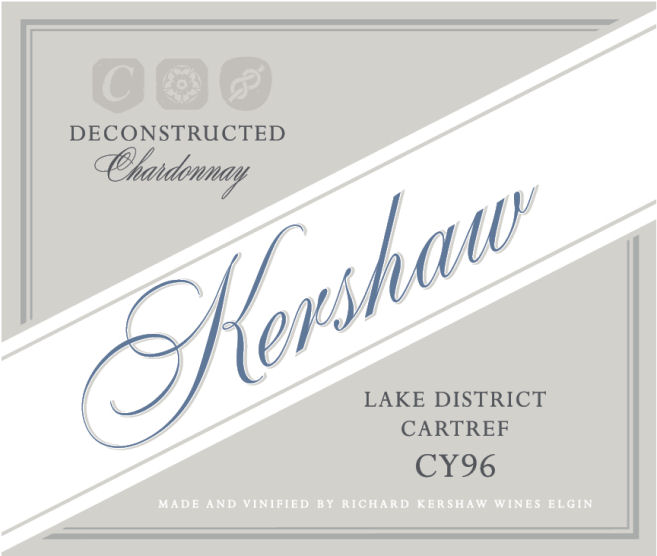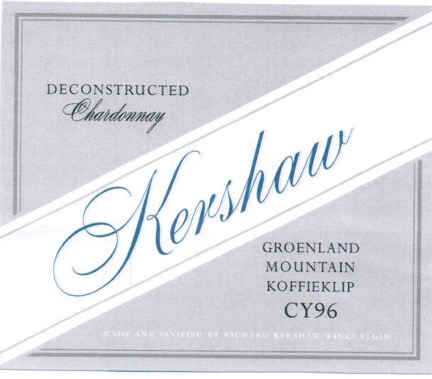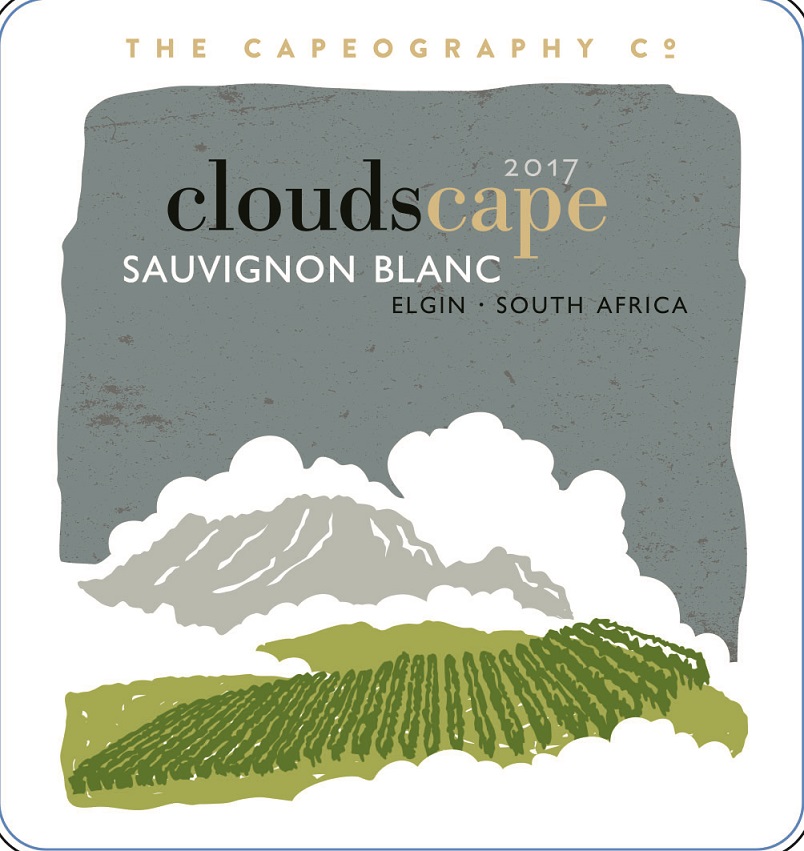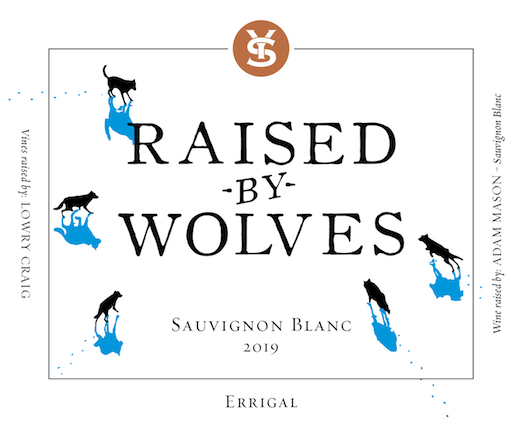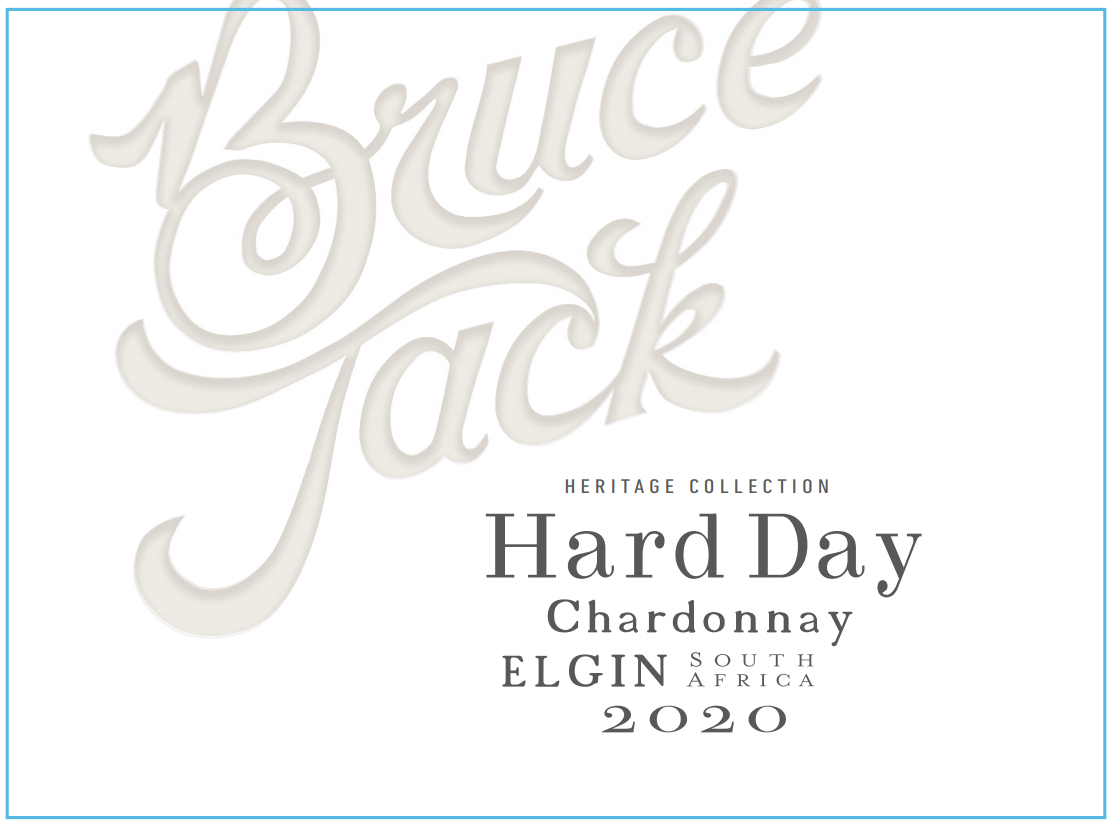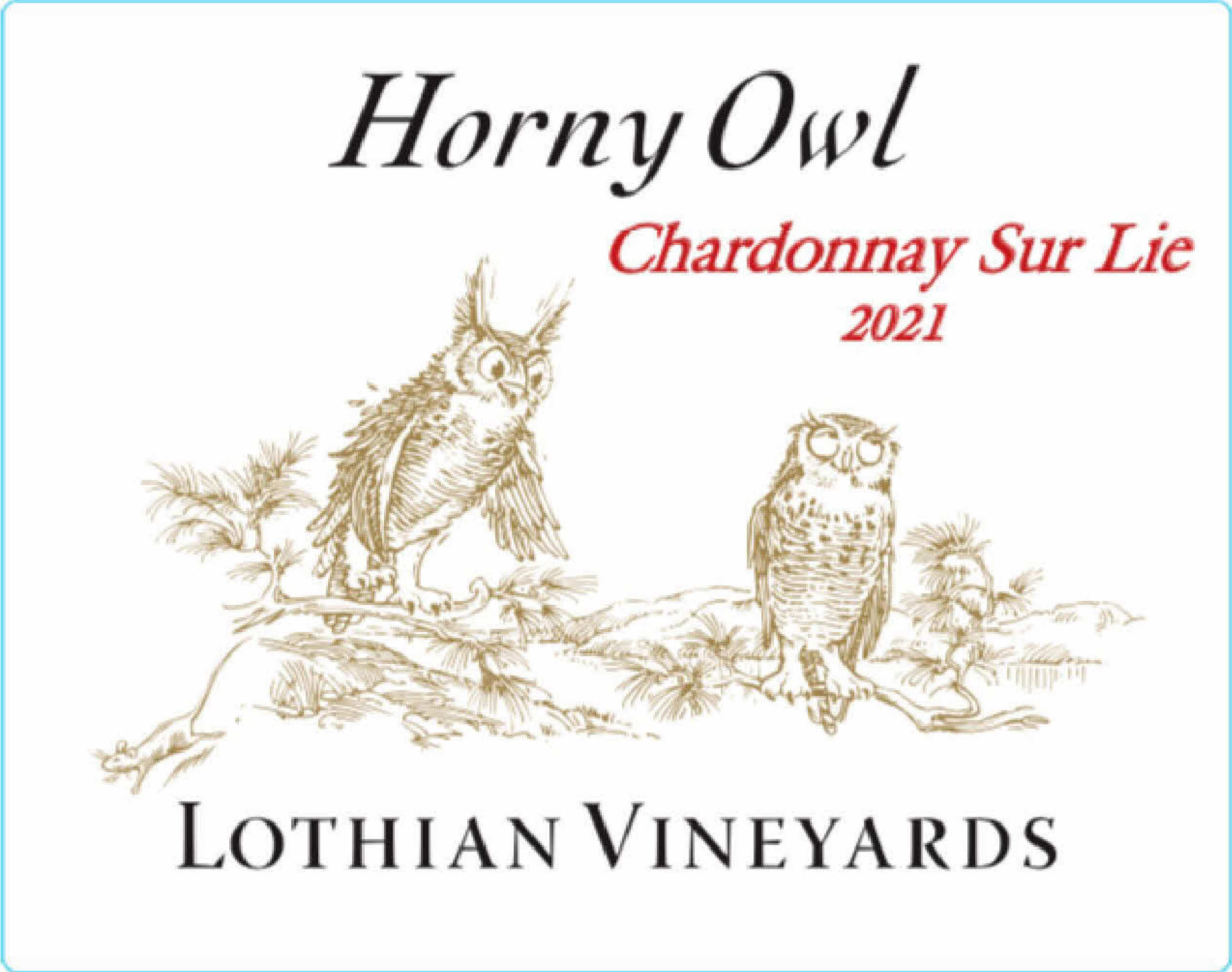Terroir of Elgin
Elgin's terroir is shaped by its high-altitude valleys, ranging from 250 to 500 meters above sea level, surrounded by sandstone ridges. The soils, mainly ancient Bokkeveld shale and Table Mountain sandstone, are clayey, acidic, and gritty, which encourages deep vine roots and concentrated flavors. Small patches of gravel and old alluvial deposits add diversity to the vineyards.
Elgin is known as one of South Africa's coolest wine regions, with mild summers and cold, wet winters. Coastal fog and clouds often cool summer temperatures, boosting aromatic complexity. The Atlantic Ocean's breezes and big day-night temperature differences help keep grape acidity high and slow sugar build-up. With 800 to 1,200 mm of rainfall mostly in winter, many vineyards thrive without irrigation, thanks to moisture-retentive soils. The area's closeness to the fynbos-rich Kogelberg Biosphere supports biodiversity and sustainable vineyard practices.
Notable Wineries in Elgin
Elgin, renowned for its cool-climate viticulture, houses several notable wineries that showcase the region's unique terroir. Here are a few exceptional producers:
-
Paul Cluver Estate: A historic family farm dating back to 1896, known for its Seven Flags Chardonnay and Pinot Noir.
-
Oak Valley Estate: Established in 1898, offering cool-climate Chardonnay and Sauvignon Blanc, alongside cozy accommodations.
-
Iona Vineyards: Situated on high-altitude land, celebrated for its precise Sauvignon Blanc and Chardonnay.
-
Shannon Vineyards: Famed for meticulous viticulture, producing acclaimed Pinot Noir and Chardonnay.
-
Richard Kershaw Wines: A boutique winery crafting Chardonnay and Pinot Noir that reflects Elgin's terroir.
These wineries exemplify Elgin's commitment to quality and sustainability, creating wines that capture the essence of this cool, elevated region.
Sustainable Winemaking in Elgin
Elgin, a cool-climate gem in South Africa, is at the forefront of sustainable wine production. Producers in this region prioritize eco-friendly practices, adhering to South Africa’s Integrated Production of Wine (IPW) standards. By reducing chemical use and conserving water, they protect local fynbos and wildlife, contributing to a vibrant ecosystem.
Organic and biodynamic methods are common, with natural solutions like ducks and beneficial insects minimizing chemical sprays. Water conservation is key, with ample winter rainfall supporting dryland farming, while solar energy and efficient systems cut down energy use. Integrated farming, involving orchards, vineyards, and livestock, enhances land and animal welfare. Efforts to remove invasive species and restore landscapes are widespread, alongside using lightweight bottles and local materials. Elgin's dedication to sustainability ensures its wines not only capture the region's unique terroir but also protect its natural beauty for future generations.
Wine Tourism in Elgin
Elgin, a cool-climate haven in South Africa, offers diverse wine tourism experiences that complement its renowned terroir. The region's wineries welcome visitors with tastings and meals crafted from local ingredients, providing a taste of Elgin's unique flavors. The valley's stunning landscapes enhance these visits, offering trails for walking and biking through the lush fynbos and Kogelberg Biosphere. Many estates host lively events, combining music and gastronomy with wine enjoyment.
For accommodation, cozy cottages and bed-and-breakfasts invite extended stays, allowing deeper exploration of the Elgin Wine Route. This route, part of the Overberg wine trail, is perfect for scenic drives or e-bike tours, and is easily accessible from Cape Town. Elgin's family-friendly atmosphere, paired with its commitment to sustainability, makes it an ideal destination for wine enthusiasts seeking both quality and eco-consciousness in their travels.


